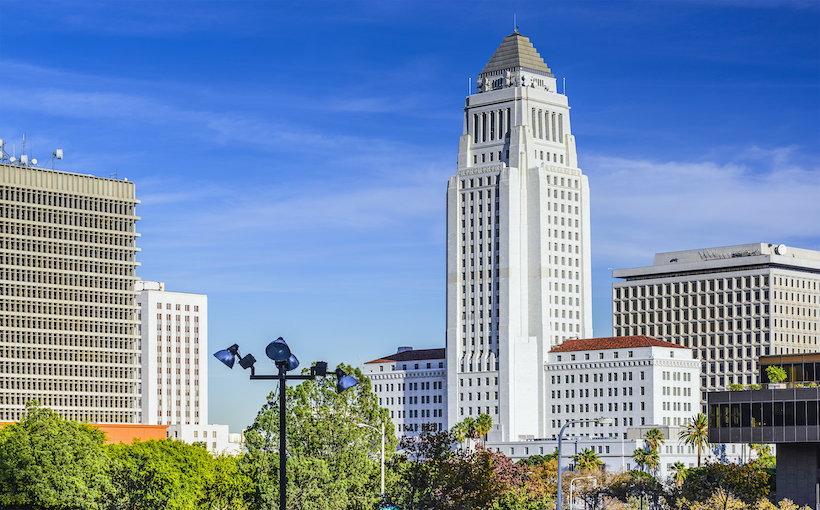A new analysis by the Sage Policy Group finds that real estate transfer taxes often create significant unintended consequences in U.S. cities where they’ve been implemented. Instead of generating stable revenue, the study concludes that these taxes can slow home sales, delay commercial projects, curb new housing construction, and ultimately fall billions short of revenue expectations.
The report—The Economic and Fiscal Consequences of High Transfer Tax Rates, commissioned by the Community Tax Coalition—reviews recent tax hikes in major metros such as Los Angeles, San Francisco, Philadelphia, and Pittsburgh. In Los Angeles, for instance, the Measure ULA transfer tax generated 63% less than its projected $900 million annual revenue.
“The Community Tax Coalition urges local officials, lawmakers, and voters nationwide to carefully examine proposed transfer taxes,” said Jamie Gregory, president of the coalition. “These taxes might seem like an easy way to fund public services, but in reality, they worsen housing shortages, harm working families, and undermine local budgets.”
The study has been welcomed by national real estate and industry associations, including BOMA International, the National Apartment Association, ICSC, and the National Association of Realtors. “What this study makes clear is that high real estate transfer taxes are far from the ‘easy revenue’ that some policymakers assume,” added Shannon McGahn, chief advocacy officer and EVP of NAR.

